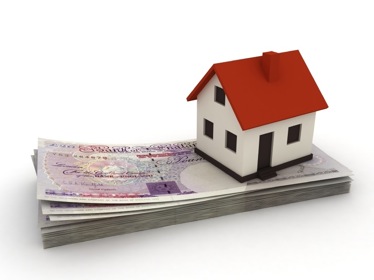 Rent arrears have risen by up to sevenfold in the
wake of the decision to pay social housing tenants' benefits to
them, rather than directly to their landlords.
Rent arrears have risen by up to sevenfold in the
wake of the decision to pay social housing tenants' benefits to
them, rather than directly to their landlords.
The scheme, known as Universal Credit or "direct payment" (a
confusing term, as the money now takes an indirect route from
council to landlord), is currently in its pilot stage, and the
Department of Work and Pensions insist that any negative results
will be reacted to and learned from. The motivation behind the
project is to help people on benefits to become accustomed to the
responsibilities of managing their own budgets.
Minister Steve Webb emphasised the difficulty of getting such a
complex new project to work, while remaining optimistic: "We
currently pay housing benefit directly to one million people in the
private sector and that works pretty well.
"We are trying to treat people in council houses the same way,
but we want to get it right."
Universal Credit arrears rise in South
Wales
The highest increase in arrears across the UK has been seen in
the Torfaen area in South Wales, where arrears have risen from
£20,000 to £140,000 since the pilot scheme was introduced.
The other five areas where Universal Credit is being piloted are
Wakefield, Edinburgh, Oxford, Southwark and Shropshire. In Edinburgh,
Oxford and Southwark, rent arrears have increased by around 3%,
while Wakefield and Shropshire have seen a higher rise of
approximately 9%. The figures seen in Torfaen are thus an exception
to the overall trend, albeit a particularly extreme one.
A Torfaen landlord, Duncan Forbes of Bron Afon Community
Housing, said to the BBC: "That was a group of people who had a
good track record of payment and pretty low level of arrears,
thrust into a position where they are now in significant arrears.
At the same time we've increased our staff levels by about double
what we would normally put into income recovery."